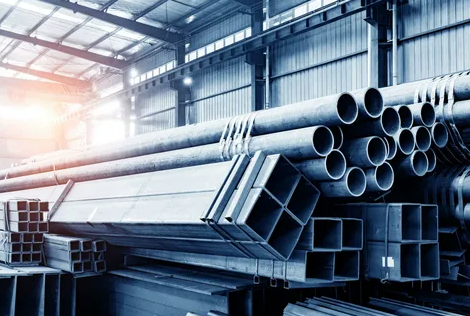A distinctive feature of the southern Italian town of Taranto was not a picturesque coastline, not a magnificent cathedral of early Christianity and not even a medieval castle towering over the city.
The peculiarity of Taranto is a metal taste in the mouth, which beats the smell of burning iron in the nostril and tingling in the throat caused by metal dust emanating from the ILVA metallurgical plant.
On one side of the street, guests of the city are watched by well -groomed Italian restaurants and shops, and on the other, a chaotic pile of cranes, pipes and metal structures, wrapped in a dense cover of smoke.
The largest steel plant in Europe Ilva caused the most fierce confrontation between 200,000 local residents of those who seek to preserve their health residues and 20,000 desperately trying to maintain their places of working room plant.
The conflict grew gradually, starting in 2008, when all sheep were scored and disposed of in the plant area, because in their blood an increased content of dioxin was revealed.
Grace Parisi, a children's doctor Taranto, states that more than 90% of the city’s children suffer from asthma attacks.
The soil tests taken in 2010 showed a high content of beryllium, lead and polychlored bifeniles. The mayor of Taranto forbade children to play on the street in some areas of the city. In February 2011, panic covered all Italy, when a message appeared in the press about the ban on the breeding of oysters on the Taranto Maritime Farm due to the transcendental levels of dioxin and polychlorified biphenyls found at them.
The conflict reached the apogei in July 2012, when the local court placed eight ILVA commander -in -board leaders under house arrest, among which was its owner Emilio Riva. Additionally, the prosecutor's office of the city of Taranto, was seized by all products of the metallurgical plant, produced since the beginning of 2010.
After that, ILVA managers began the blackmail of the Italian government, threatening to completely close the metallurgical enterprise, if the arrest for products was not removed and the plant is not allowed to pollute the environment for some time.
ILVA is disputing in court its involvement in health risks in the region, while almost 20,000 of its workers will storm suspended production workshops and an empty planting.
From the latest reports it follows that the government led to the threats from the owners of the missile plant and issued a decree that provides for the cancellation of the ILVA industry and provided state guarantees for 3 billion euros for capital investments in the repair and modernization of the treatment facilities of the plant.
Ilva is an unpleasant turn in the history of Taranto

|
|
Azovpromstal® 17 December 2012 г. 00:01 |





